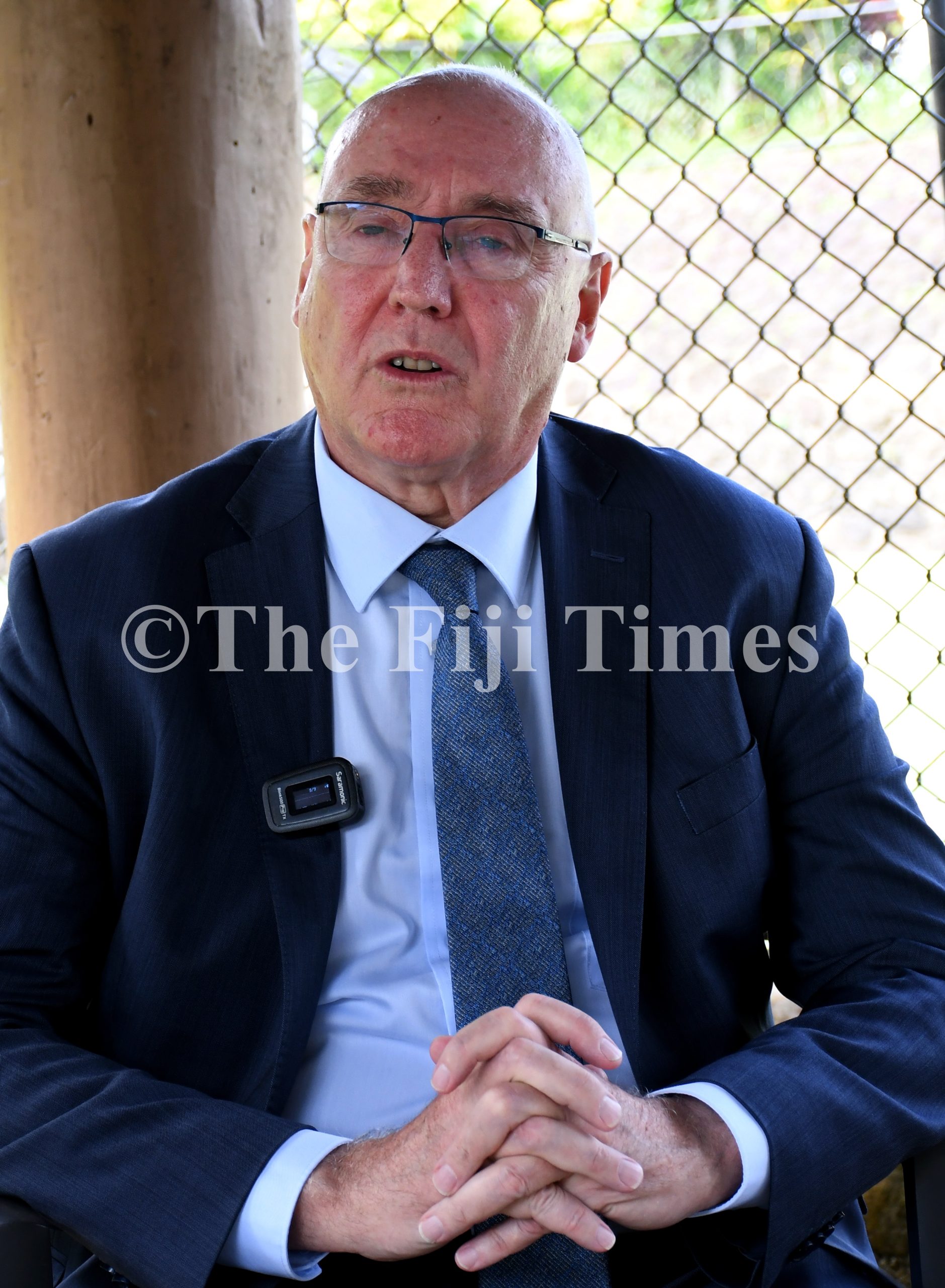We need to get more young people to think about their career paths and opportunities that are available through technical and vocational education and training (TVET).
The Commissioner of Jobs and Skills in Australia Professor Barney Glover highlighted this during an interview with The Fiji Times’ online news portal The Lens@177.
He said Fiji and Australia shared comparable goals when it came to improving skills.
“I haven’t been here long enough to make any assessment but what I will say is that I recognised that there are some similarities in some of the priorities that I’ve heard here in Fiji with what we’re seeing as high priorities in Australia,” Prof Glover said.
“And I think that’s added value to the conversations I’ve had while I’ve been here.
“For example, in Australia, we’re going through under the Albanese government a period of significant reform, and at the heart of that reform, in our national training system is technical and further education (TVET) in the context of Fiji.
“So, policy reform in TVET in Australia is a high priority as it is, as I understand it here in Fiji.”
He said getting people to think about choosing career path through TVET was Australia’s challenge as well.
“We’re also very interested in Australia, about how we get more young people to think about career paths and opportunities that are through vocational education and training.
“How do we build that and uplift that opportunity for young people to move into that rather than necessarily into higher education?
“I think this is also a challenge area in Fiji.
“And in Australia, we’re doing a big review of apprenticeship programs. We need more Australians have those skills.
“So, I’m seeing similarities in Fiji and Australia and that gives us an opportunity for a dialogue about how we’re approaching, what are the challenges, and particularly this challenge of getting more
young people to think about the vocational education and training program.”



